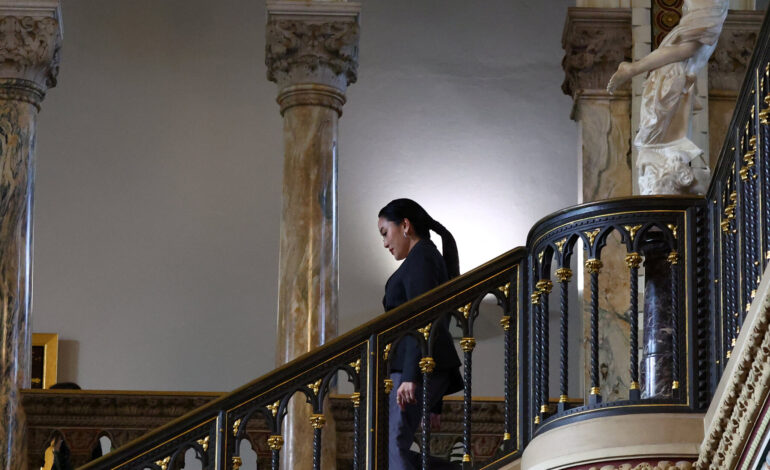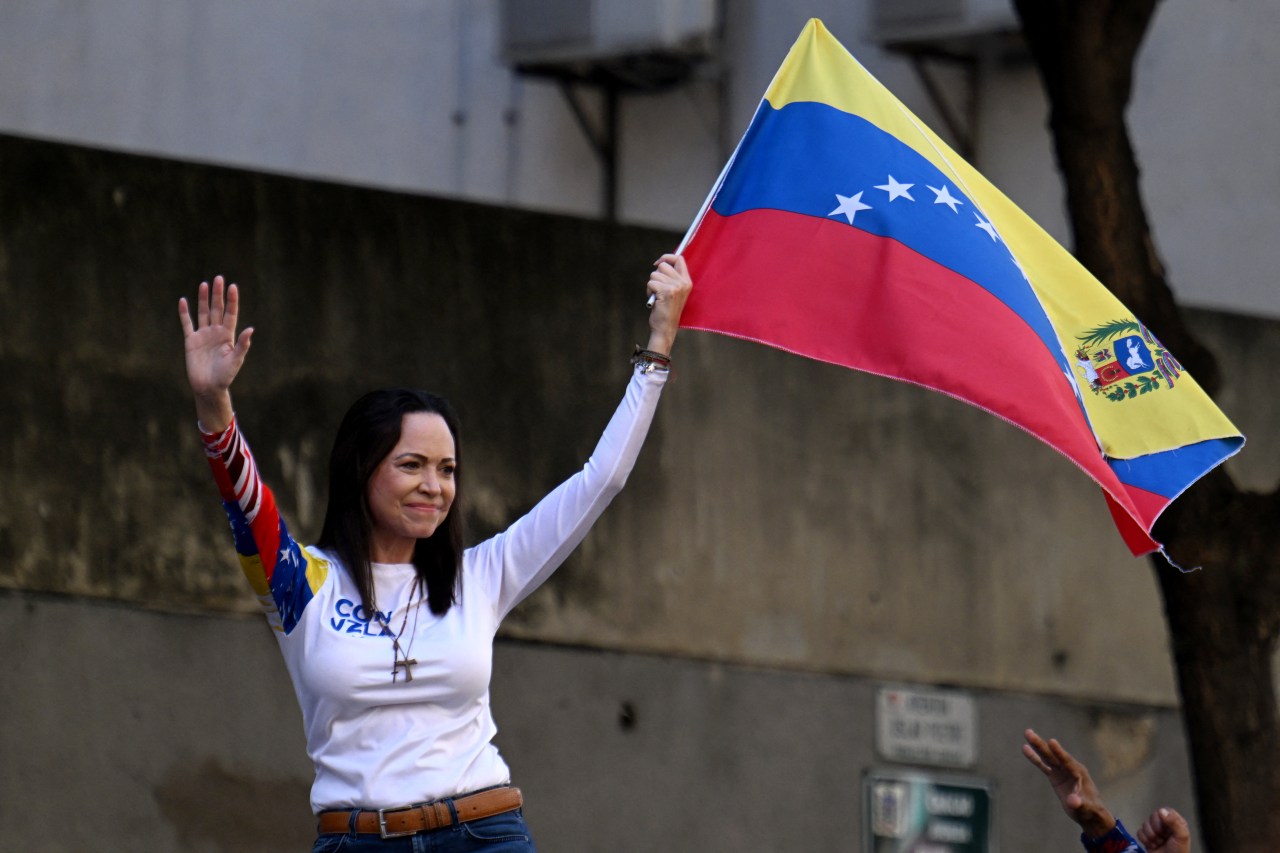Thai Premier Dismissed: Unraveling the Political Alliance

The political landscape in Thailand has shifted dramatically following the dismissal of Prime Minister Srettha Thavisin by the House of Representatives on August 30, 2023. This unexpected development comes as the underlying tensions within a fragile alliance between the Pheu Thai Party and the military establishment began to surface.
The alliance was initially forged by former Prime Minister Thaksin Shinawatra, who, after returning from self-imposed exile, negotiated a power-sharing agreement that facilitated his daughter’s ascent to the premiership. Analysts suggest that this coalition was predicated on a delicate balance of interests, which has now been thrown into turmoil.
Political Dynamics and Dismissal
Thaksin’s return marked a significant moment in Thai politics, as he has remained a polarizing figure since his ousting in 2006. His political influence, particularly through family ties, allowed Srettha to secure the prime ministerial position, a move that many viewed as a calculated risk for the establishment.
Yet, the alliance quickly faced challenges. Srettha, who took office in early September 2023, struggled to maintain support within the coalition, particularly from military factions that had once backed the Pheu Thai Party. The dismissal reflects not only a shift in power but also the deep-seated divisions that have long plagued Thai politics.
Critics argue that the alliance was built on shaky foundations. The Deputy Prime Minister and leader of the military-backed faction, Prayuth Chan-o-cha, expressed dissatisfaction with the direction of the government, ultimately leading to the vote of no confidence.
The Implications of the Dismissal
The ramifications of this political upheaval extend beyond party lines. The dismissal of Srettha is a critical moment for the Pheu Thai Party, which has struggled to navigate the complexities of Thai politics. As the party seeks to regroup, questions arise about its future leadership and direction.
Additionally, the military establishment’s role in the political sphere remains significant. Analysts point out that the dismissal signals a potential reassertion of military influence over civilian government. This development raises concerns regarding Thailand’s democratic processes, as the military has historically intervened in political matters when stability is threatened.
The future of Thailand’s governance now hangs in the balance. With a new prime minister expected to be appointed in the coming weeks, the Pheu Thai Party faces the challenge of rebuilding its credibility and restoring public confidence.
As Thailand moves forward, the delicate dance between established power structures and emerging political forces will continue to evolve. The fallout from Srettha Thavisin‘s dismissal serves as a reminder of the volatility that characterizes Thai politics, where alliances can shift rapidly, and the balance of power is often in flux.
This development underscores the need for careful political navigation in the months ahead, as the country seeks to stabilize its government and address the concerns of the populace.






